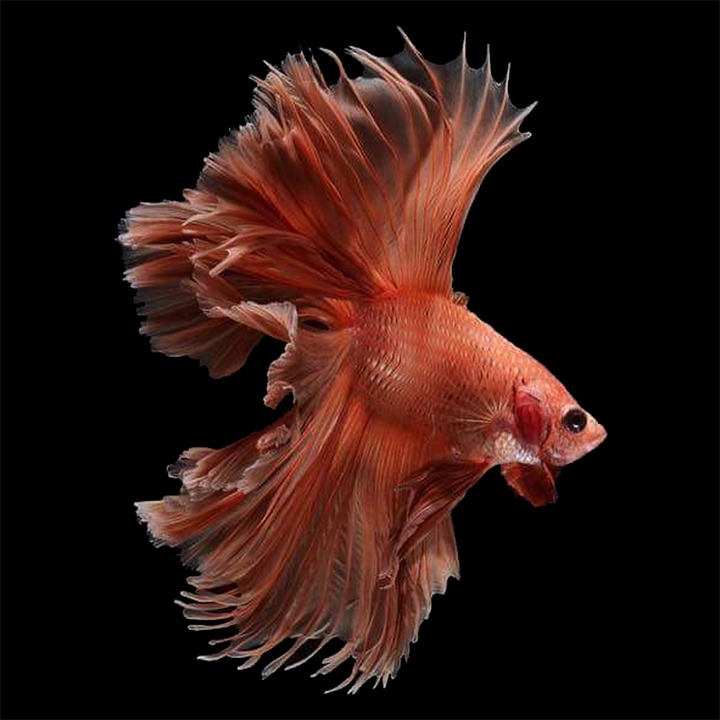Maintaining optimal water quality is crucial for the health and well-being of aquarium fish. Understanding fish behavior and providing proper care can not only enhance their response to water quality maintenance but also contribute to their overall longevity. In this article, we will explore various aspects of fish behavior and provide essential tips to support their response to tank water quality maintenance.
Fish behavior is influenced by various factors, including social behavior, feeding behavior, and reproductive behavior. Social behavior can range from schooling or shoaling behavior, where fish prefer to swim together in groups, to territorial behavior, where fish establish and defend their own territories. Aggressive behavior can also be observed in some fish species, especially during mating or territorial disputes.
Feeding behavior is another important aspect of fish behavior. Different fish species have different dietary preferences, with some being carnivorous, herbivorous, or omnivorous. Understanding the feeding techniques and preferences of your fish can help ensure they receive the proper nutrition. Overfeeding and underfeeding can both have negative impacts on fish health, so it is important to strike a balance.
Reproductive behavior in fish involves spawning and courtship rituals, as well as parental care. Some fish species exhibit elaborate courtship behaviors before spawning, while others may engage in parental care to protect their eggs and fry. Breeding challenges can arise, such as difficulties in inducing spawning or successfully raising fry to maturity.
The impact of water quality on fish behavior is significant. pH levels and acidity can affect fish stress levels, and different fish species may have preferences for acidic or alkaline water. Temperature fluctuations can also lead to behavioral changes in fish, and it is important to maintain optimal temperature ranges for the specific fish species in your aquarium. Ammonia and nitrite levels are toxic to fish and can lead to behavioral signs of poisoning if not properly managed. Additionally, dissolved oxygen is crucial for fish respiration, and signs of oxygen deprivation should be addressed promptly.
To support fish response to tank water quality maintenance, several measures can be taken. Regular water testing is essential to monitor water parameters and identify any issues. Using recommended testing kits can help ensure accurate results. Consistent water changes, with the appropriate frequency and percentage, are necessary to remove waste and maintain water quality. Proper techniques for safe water replacement should be followed to minimize stress on the fish. Filtration systems play a crucial role in maintaining water quality by removing impurities and providing a healthy environment for fish. Choosing the right filter for your aquarium is important based on the specific needs of your fish species. Balanced feeding, providing a nutritious and varied diet while avoiding overfeeding and food waste, is crucial for fish health. Finally, environmental enrichment, such as mimicking natural habitats, providing hiding places, and introducing aquatic plants, can contribute to the overall well-being of fish.
Some frequently asked questions about fish behavior and water quality maintenance include the frequency of water testing, signs of ammonia poisoning in fish, optimal water temperature for tropical fish, the use of tap water for water changes, and ensuring proper oxygenation in the aquarium.
In conclusion, understanding fish behavior and the impact of water quality on their well-being is essential for maintaining optimal water quality in your aquarium. Regular water testing, consistent water changes, appropriate filtration systems, balanced feeding, and environmental enrichment are all important components of supporting fish response to tank water quality maintenance. By implementing these practices and addressing common FAQs, you can create a thriving aquatic environment and ensure the health and happiness of your fish.









